IMF says economic growth in GCC to remain subdued
27 December, 2017 | By COLIN FOREMAN
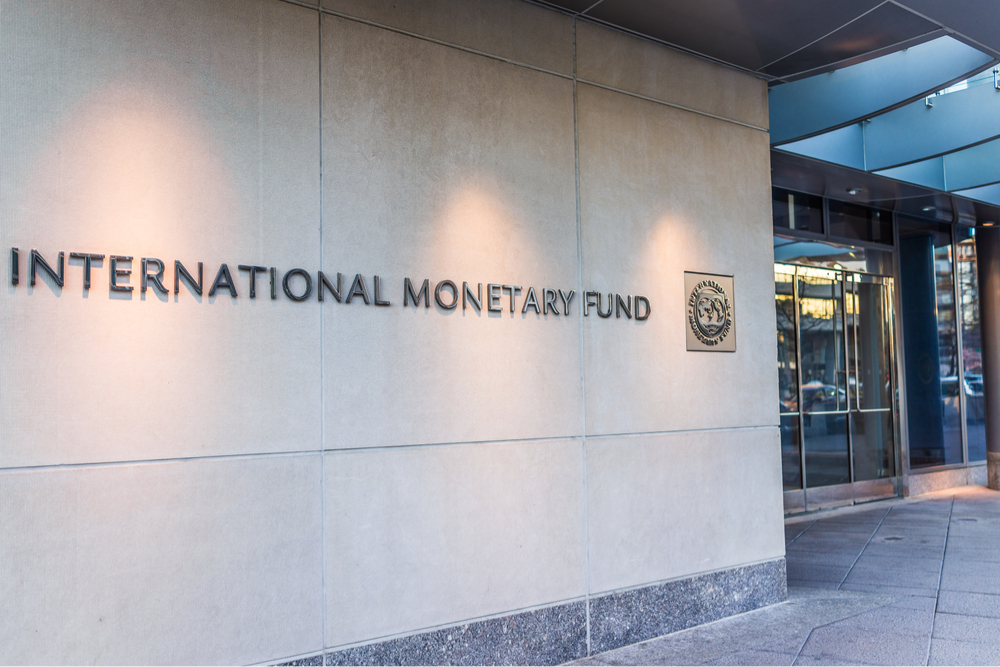
Medium-term growth prospects in the GCC remain subdued amid relatively low oil prices and geopolitical risks, according to a report by the Washington-based IMF issued on 14 December.
The IMF says non-oil GDP growth in the GCC will increase to 2.6 per cent this year, from 1.8 per cent last year, while lower oil output means overall real GDP growth is projected to slow to 0.5 per cent in 2017, from 2.2 per cent in 2016.
Non-oil growth has accelerated as the pace of fiscal consolidation in the region, which was mainly focused on reducing expenditure, slows.
The IMF says countries in the GCC should continue to rationalise recurrent expenditures, conduct further energy price reforms, increase non-oil revenues, and introduce measures to improve the efficiency of capital spending.
Private sector investment will also need to be encouraged to offset lower government spending and maintain growth. The IMF says this requires stepped-up reforms to improve the business climate and reduce the role of the public sector in the economy through privatisation and public-private partnerships.
Globally, the IMF says economic activity is gaining momentum. Global growth is forecast at 3.6 per cent this year, and 3.7 per cent in 2018, compared with 3.2 per cent in 2016. It adds that the more positive global growth environment should support stronger oil demand.
Related Posts
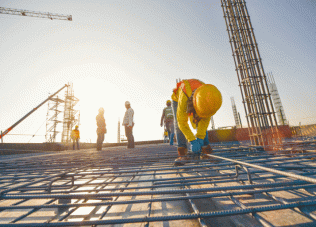
Latest data from MEED Projects shows a continuing decline in the value of new contracts awarded
The value of projects awarded in the GCC last year fell by 22 per cent ...
READ MORE
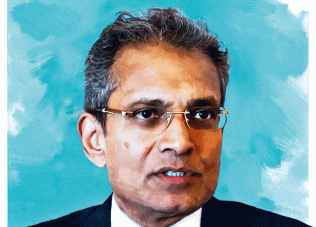
Acwa Power highlights need for private investment
Paddy Padmanathan, chief executive of Acwa Power, tells MEED bold action is needed to address the world’s energy challenge
“The biggest challenge we face is ...
READ MORE

Restructuring credit in accordance with the current environment is key to the survival of contractors and their projects, says Mashreq’s Mohammad al-Shouli
This article is extracted from the report 'UAE Construction ...
READ MORE
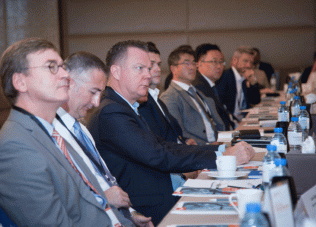
Industry experts gathered in Abu Dhabi to discuss disruptive trends in the oil and gas sector
Oil companies in the Gulf must change the way they work if they are to ...
READ MORE

The medical talent spectrum includes physicians, nurses, para-medical personnel, technicians, support staff and administrative staff etc. The World Health Organisation (WHO) is reinforcing the importance of an effective, efficient, and ...
READ MORE

An emphasis on sustainability threatens to overshadow efforts to implement proper social and governance frameworks
Key takeaways:
Growing diversity of workforce and global scrutiny from investors demands greater focus on social ...
READ MORE

Privatisation targets and demand drivers are prompting new market opportunities in the kingdom for private players and healthcare investors
Improving access to quality healthcare and building world-class infrastructure forms a ...
READ MORE

The Mashreq JLL MEED Healthcare Partnership is a knowledge-sharing initiative that aims to provide a platform for senior healthcare industry executives to discuss and address the challenges facing one of ...
READ MORE
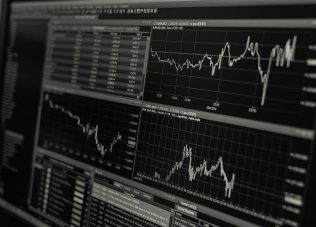
Mashreq in Knowledge Partnership with JLL In last few years, the GCC has witnessed significant growth in the healthcare sector including higher merger and acquisition (M&A) activity with the UAE ...
READ MORE
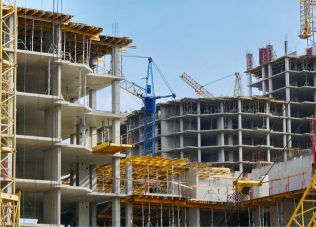
The projects market in the Middle East and North Africa (Mena) region fell for the second year in succession in 2017. According to MEED Projects, the value of contract awards ...
READ MORE
GCC projects market slumps in 2018
Ten Minutes into the Future of Energy
Changing tides in project finance
ENERGY CLUB 2: Oil & Gas Transformation
Medical talent- Backbone of the healthcare ecosystem
Putting the S and G back into ESG
Saudi healthcare primed for investment
Lessons from Covid-19 – Mashreq JLL MEED Healthcare
Recent M&A Activity in the Healthcare Sector in
Muted projects activity to continue in Mena region
27 December, 2017 | .By COLIN FOREMAN













